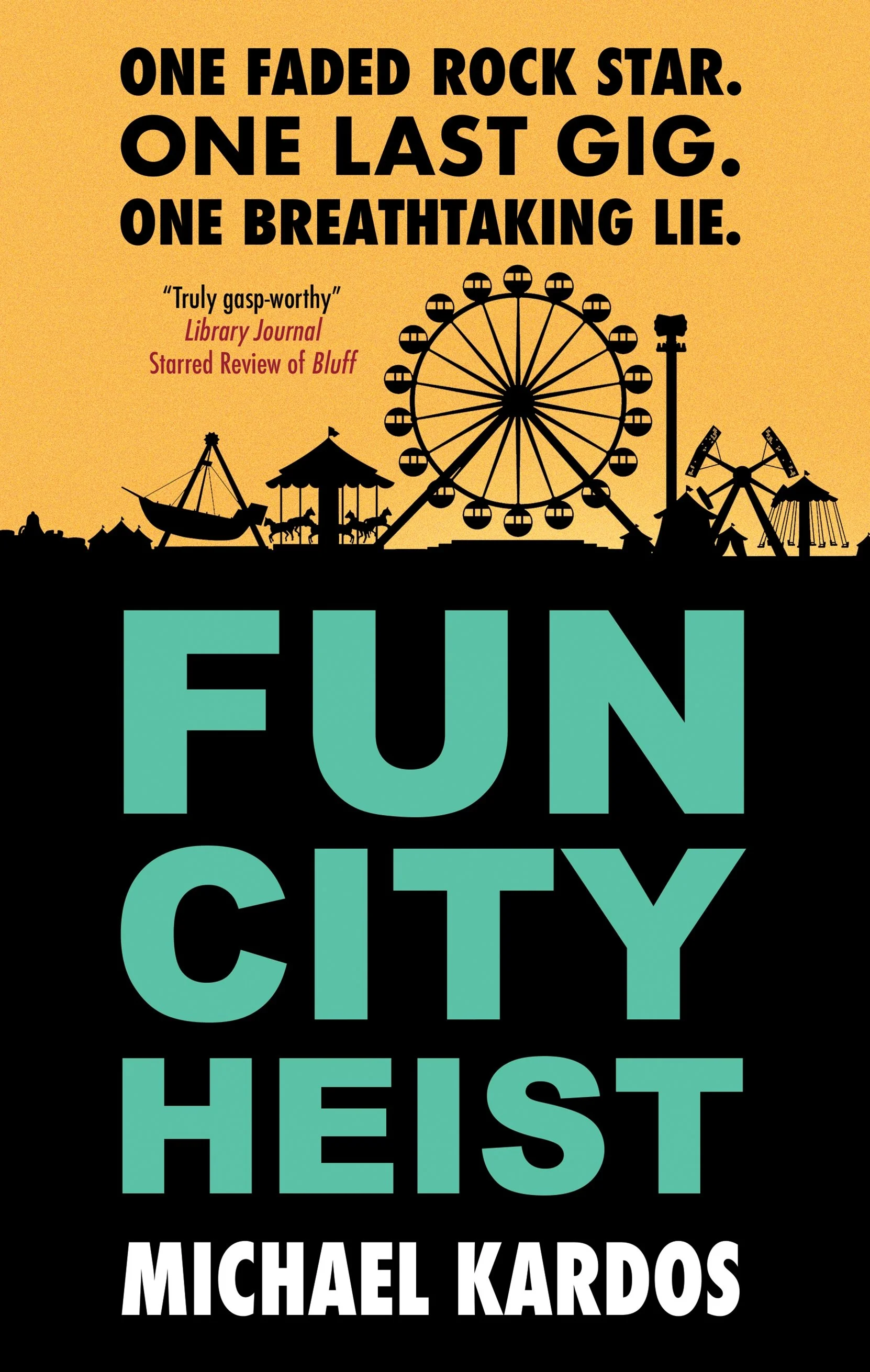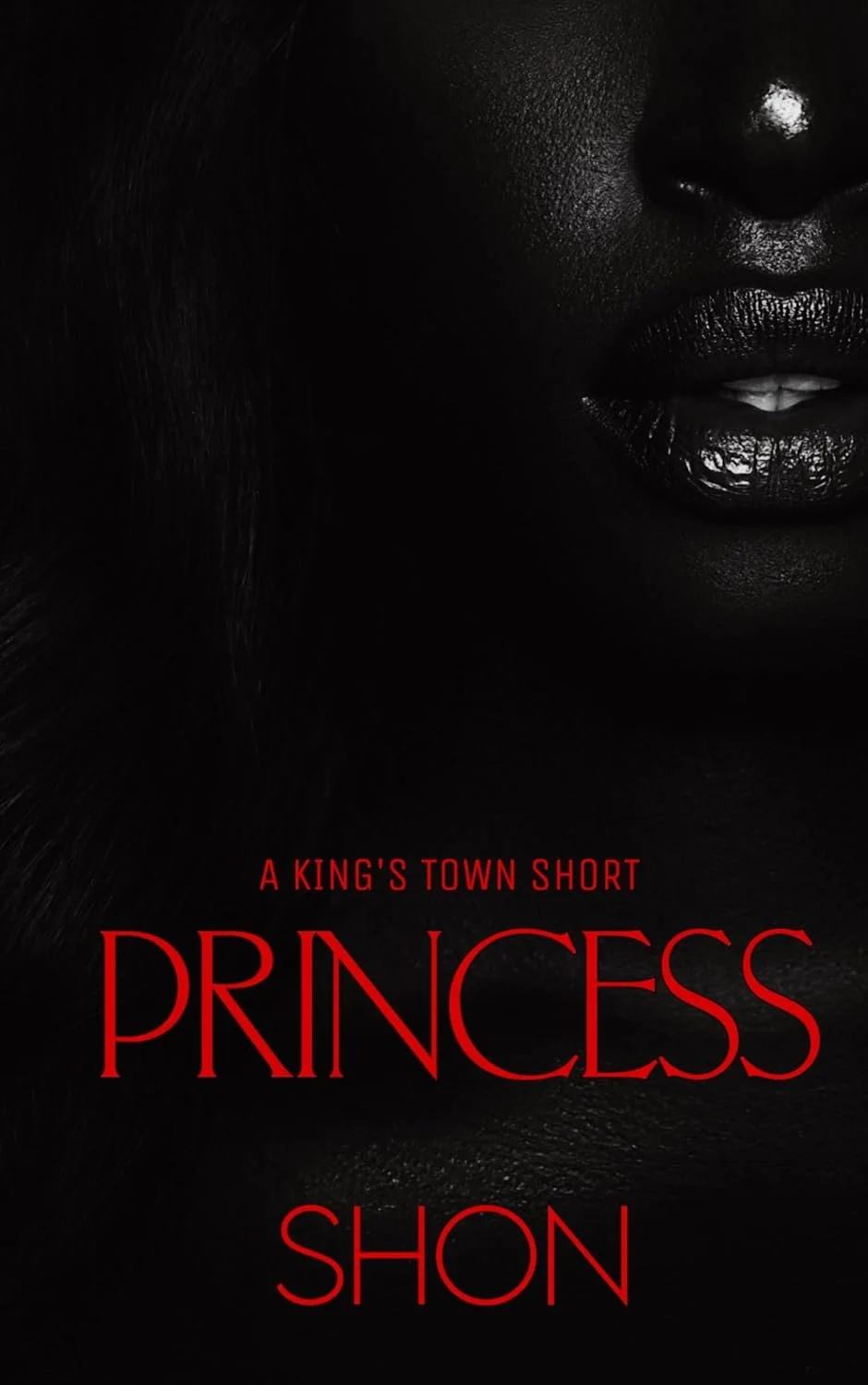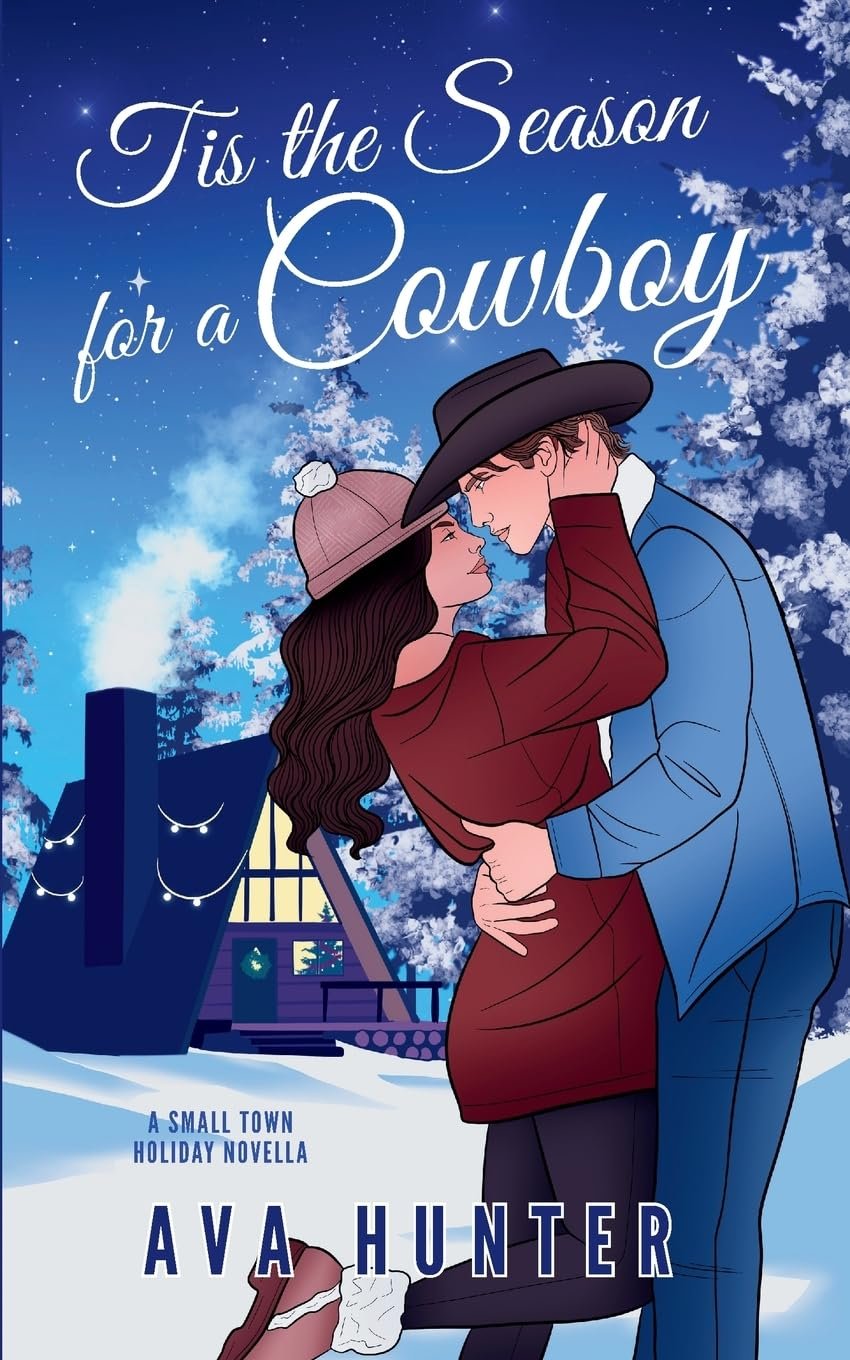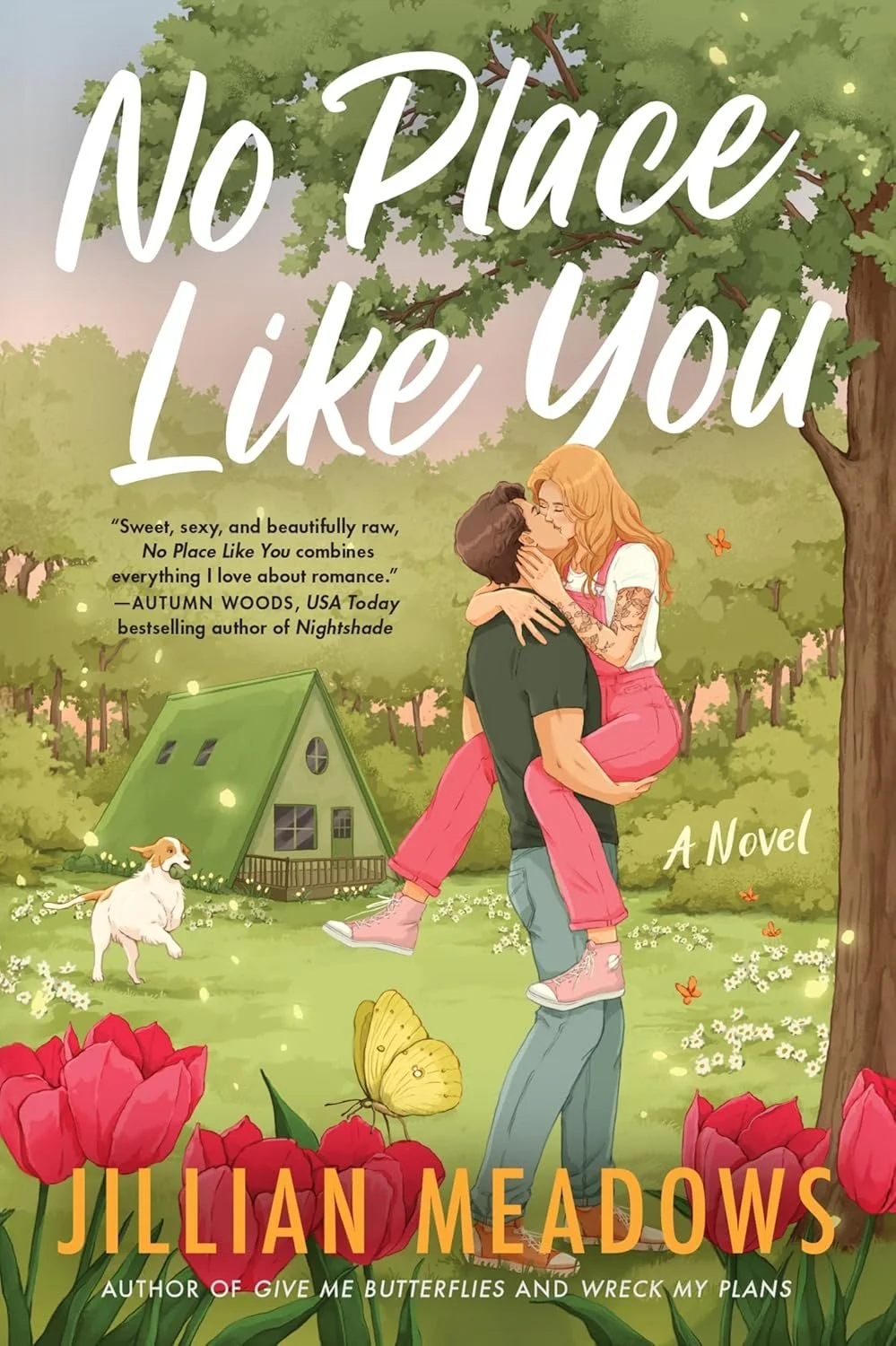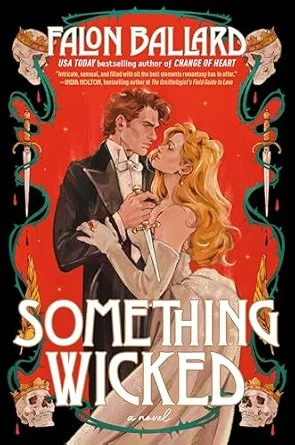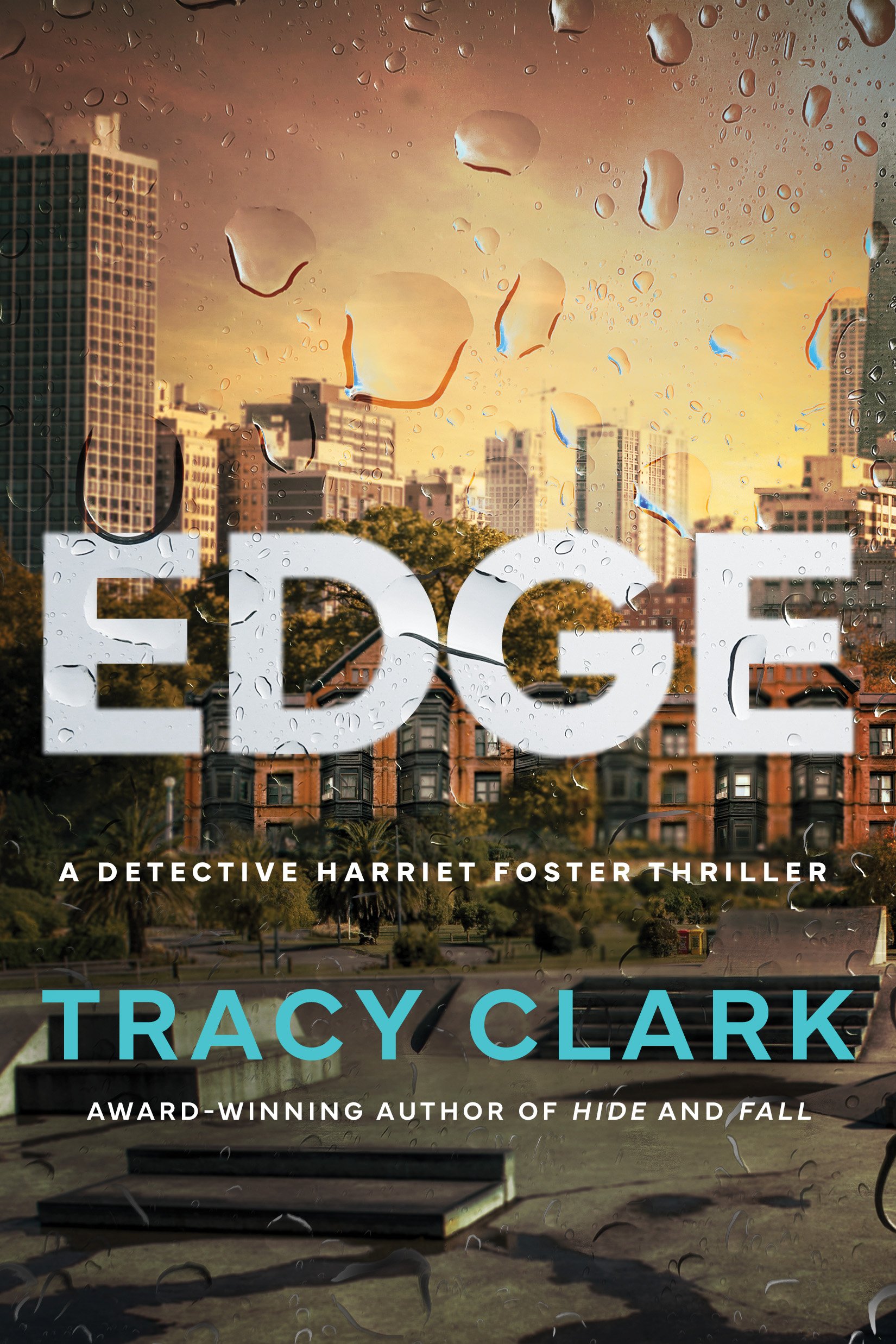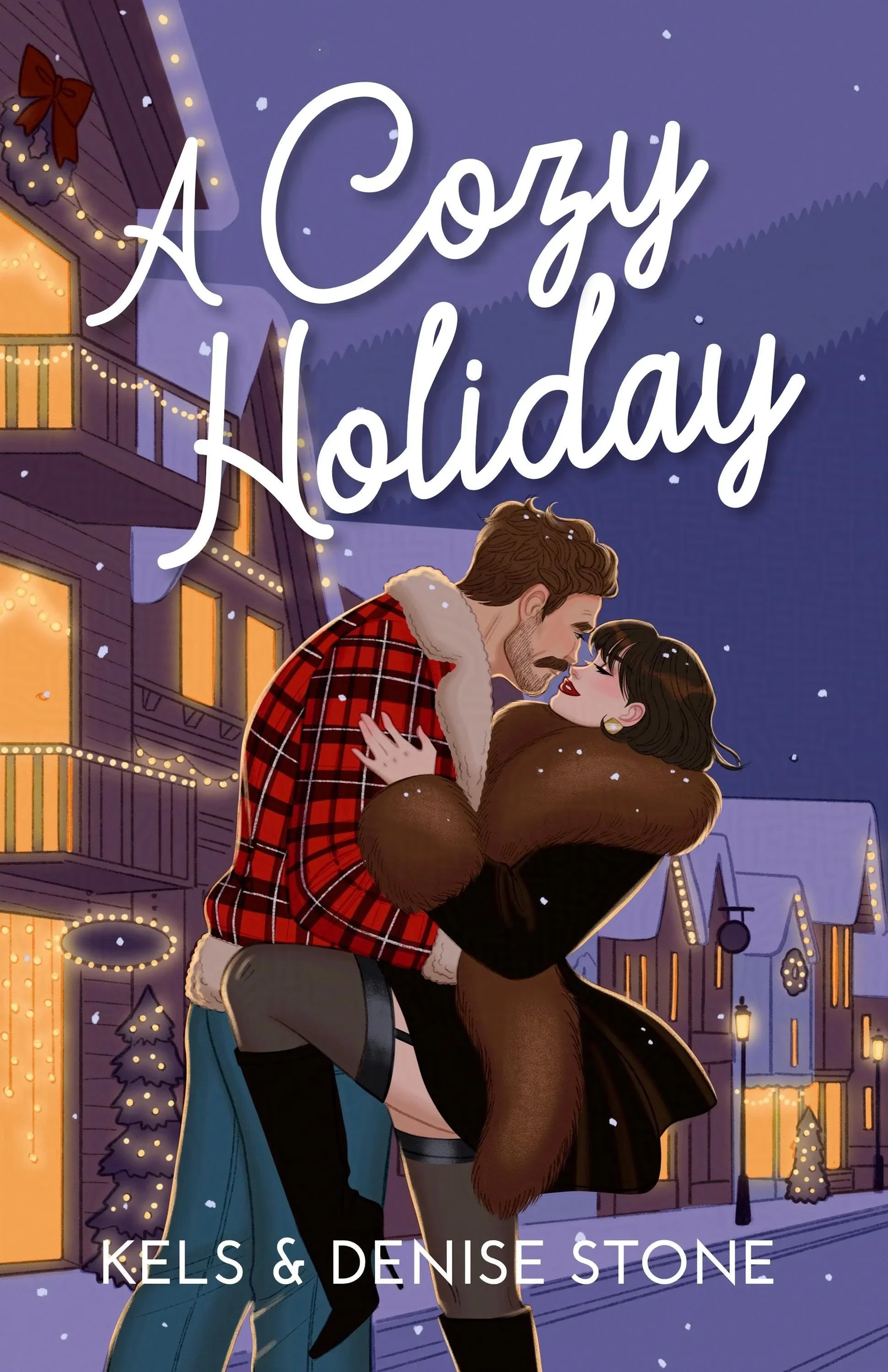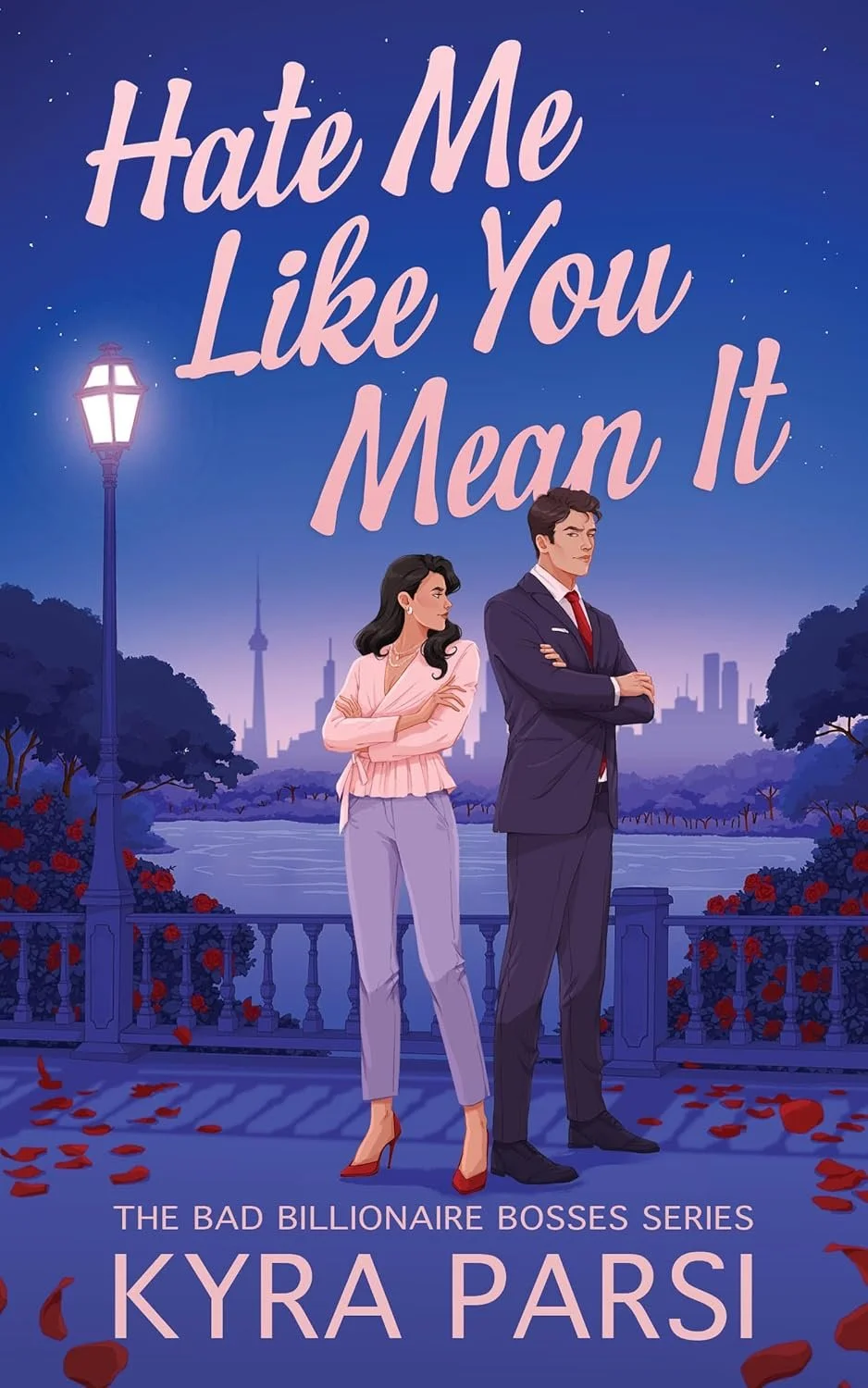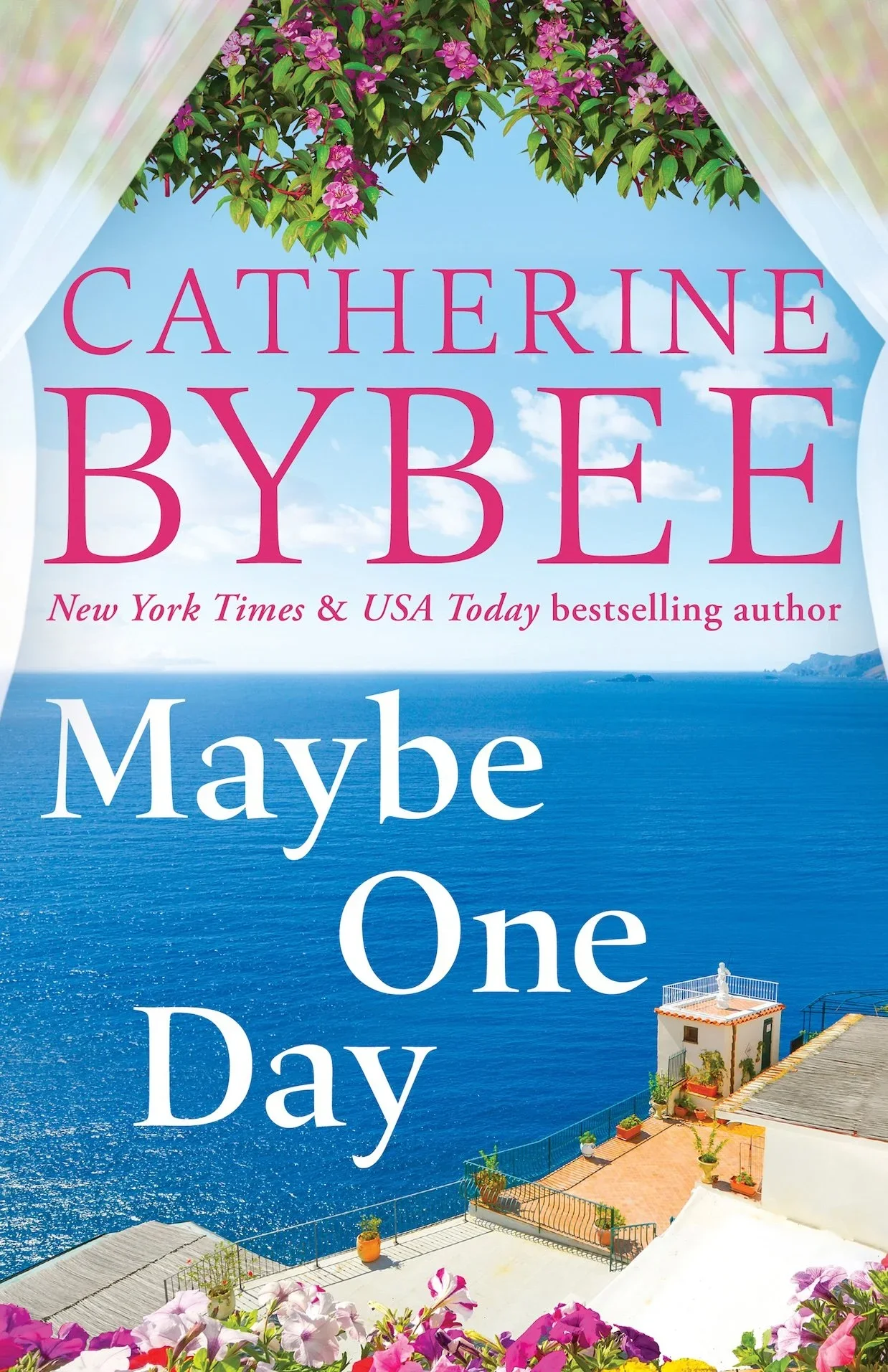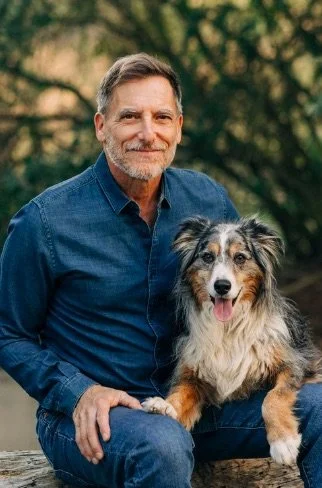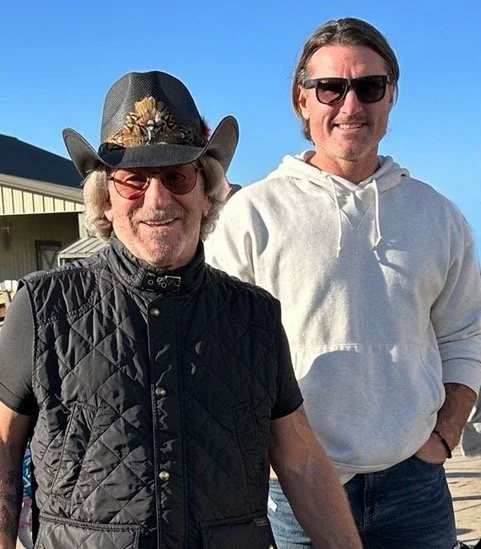Q&A with Parker S. Huntington, Asher Black
/How did you select your narrator?
Lacy and I connected through the Audio Loves group on Facebook. I posted in there, asking for narrator recommendations, since I was going through the process of putting an audition script up on ACX. She messaged me, and when I got her audition, I just knew she needed to be Lucy.
Were there any real life inspirations behind your writing?
This is going to sound ridiculous, but Lucy is me—from our majors to our schooling to our geographic history to the mental rambling. I think that’s why I was able to write Asher Black so quickly.
How do you manage to avoid burn-out? What do you do to maintain your enthusiasm for writing?
I’m working on my Master’s in Literature and Creative Writing right now, so I write a lot. I’m talking twenty-five thousand words a week. Minimum. But… what I write is often what I don’t want to write, which is actually how I avoid burn-out. After writing what I have to write for school, writing novels is a relief—an exercise that I thoroughly enjoy.
Is there a particular part of this story that you feel is more resonating in the audiobook performance than in the book format?
Lucy is a mental rambler. Seriously. She goes on and on about the most ridiculous things, from social commentary to her self-named “Horny Lucy”… And Lacy is able to bring her character to life, narrating the mental rambles with such skill, it feels like her voice is the voice in my head. Did I mention how blessed I am to have Lacy as the narrator?
What do you say to those who view listening to audiobooks as “cheating” or as inferior to “real reading”?
A while back, I encountered someone who wanted to read Asher Black, but she couldn’t due to her eyesight. I got to thinking: what can I do to make my book more accessible? This is where audiobooks come into play. It’s not about cheating or being inferior/superior. The reality is that, in today’s world, accessibility matters. People may choose to listen to audiobooks for so many reasons—it’s convenient, they commute, they have vision impairment, or they just plain like it. At the end of the day, who are we to judge other people’s choices? So long as we continue to make books accessible in every format, we’ll continue to promote reading… and isn’t that a great goal?
How did you celebrate after finishing this novel?
I slept. A LOT. I wrote Asher Black in less than two weeks, which meant a lot of sleepless nights. By the time I was done, I was too exhausted to celebrate. It’s far from glamourous, I know, but hey—#authorproblems.
In your opinion, what are the pros and cons of writing a stand-alone novel vs. writing a series?
For a standalone novel, you can be done with characters after writing, and you don’t have to worry about losing readers with each subsequent release. But as a writer (and reader), you get more time to delve into a world, and that’s an awesome experience for anyone.
Have any of your characters ever appeared in your dreams?
My God, Asher is the man of my dreams. Does that count?
What bits of advice would you give to aspiring authors?
I still consider myself an aspiring author, but I’d say to just do it. I spent a lot of time floundering and second guessing myself, wondering if I should take the risk (and it is a risk). But ultimately, I’ve been happier since deciding to do it. On a second note, writing is a business, and the best advice anyone could ever give, beyond craft advice, is to treat your writing like it’s a business. You have marketing, social media management, graphic design, customer service, business, writing, etc. to handle. It’ll be a lot to take care of, but if you’re on top of it, it’ll feel so rewarding.
What’s next for you?
I published the second book in the series in July, and I’m currently working on Bastiano Romano, book three in The Five Syndicates series. Once I’m done, I’ll work on the Turner Triplets trilogy!

